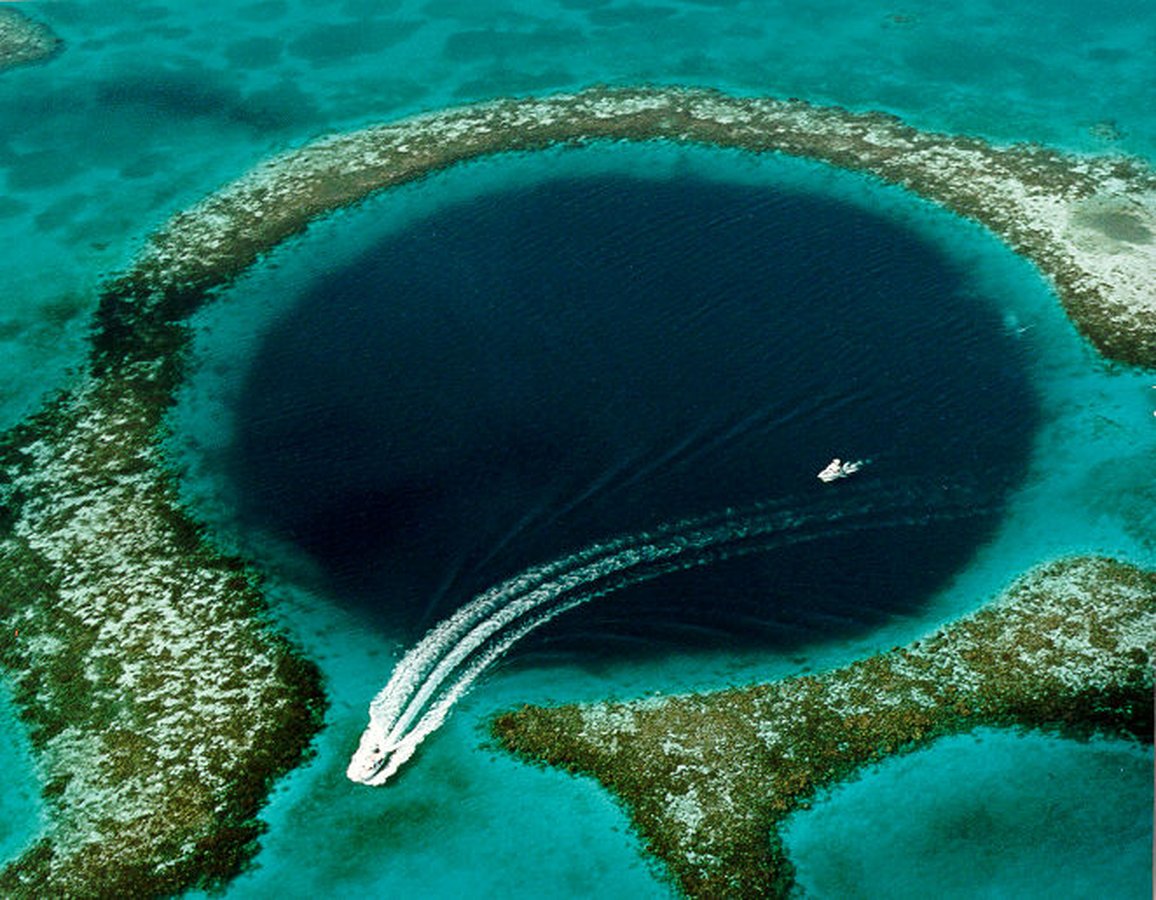🇧🇿map Belize [Overview]

Belize, known locally in English as Belize, sits on the Caribbean coast of Central America between Mexico and Guatemala, with the world's second-largest barrier reef running along its shore. It's a small country in land area and population, with a national total ranked toward the lower end globally, and a youthful demographic compared to many Western nations. Belize blends Caribbean and Central American identities in a relaxed, multilingual society where English is the primary national language and Spanish and Creole are widely heard in daily life. One thing that often surprises newcomers is how varied the landscape is for such a compact country—mangrove islands, savannas, rainforest, and Maya mountains all lie within a day’s travel.
Day-to-day life clusters along the coast and in a few inland hubs, while much of the interior remains lightly populated and wild. The coastline and cayes draw divers, sailors, and beachgoers, but inland Belize rewards slow exploration—rivers, caves, and Maya archaeological sites feel close at hand rather than far-flung. The overall pace is unhurried, and personal networks matter; expect to be on a first-name basis with service providers and neighbors quickly. For travelers and remote workers, that easygoing rhythm pairs well with a community used to visitors and expatriates, especially in places like San Pedro, Caye Caulker, and San Ignacio.
Economy
Belize’s economy is a services-led mix with agriculture and tourism playing outsized roles for a country its size. People commonly work in hospitality, fishing, small-scale farming, retail, and public services, while construction and light industry support local demand. Agricultural output includes fruit, sugar-related products, and other staples, and the sea is a steady provider through fishing and related trades. Tourism ties it together—reef activities, eco-lodges, and cultural travel underpin a large slice of jobs and small business opportunities.
Natural resources include fertile land in select districts, abundant marine habitats, and forested areas that support timber and ecotourism. Connectivity to the wider world is practical rather than flashy: international flights link Belize City with major North American hubs, regional buses cross to Mexico and Guatemala, and maritime routes serve trade and the islands. Belize maintains cooperative ties across the Caribbean and Central America and participates in regional and international organizations, which helps with trade, education exchanges, and security collaboration. For expatriates, this translates into easier cross-border movement and a steady flow of goods and visitors, even if supply chains can feel small-scale compared to big countries.
Culture
English is the national language, and you’ll hear Belizean Creole and Spanish throughout daily life. The population includes Creole, Mestizo, Maya communities, Garifuna, and others, creating a cultural mosaic reflected in music, food, and festivals. The land’s story stretches from ancient Maya civilization through colonial-era British settlement to modern independence, and you can feel those layers in everything from language to local governance to the way neighborhoods celebrate. People share a strong interest in outdoor life—fishing weekends, football matches, church and community events, and lively music scenes—balanced with warm, neighborly social norms.
Religion is diverse, with Christian denominations widely present alongside other faiths, and religious holidays often double as community gatherings. Belizeans mark national events with energy: Independence Day in September brings parades and concerts, Garifuna Settlement Day celebrates Garifuna heritage with drumming and dance, and the September Celebrations fill town squares with food and music. Across the calendar, local fairs and cultural festivals offer easy entry points for newcomers to meet people and learn the rhythms of daily life.
Sophia
Sophia is a relocation specialist and cross-border business consultant originally from Toronto, Canada,
with over 13 years of experience in North American and Caribbean markets. Having worked for major
international relocation firms and managed corporate assignments across the United States, Canada,
Mexico, and popular expatriate destinations in Central America and the Caribbean, Sophia has extensive
experience facilitating international moves for professionals and retirees. Her expertise spans both
the practical aspects of visa navigation and the cultural nuances of adapting to life in North American
and Central American communities.
Published: 2025-07-31